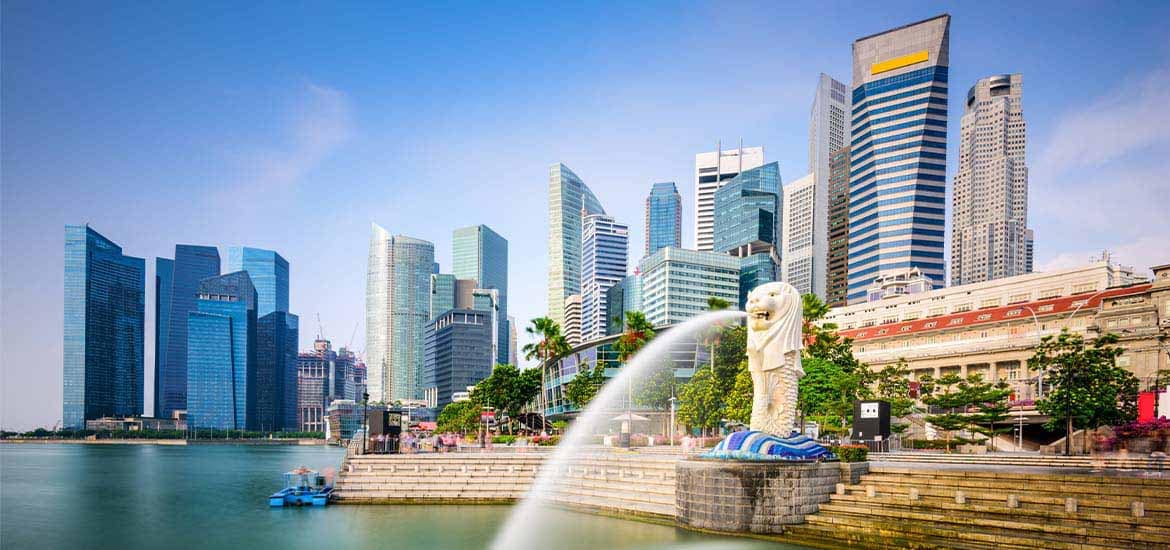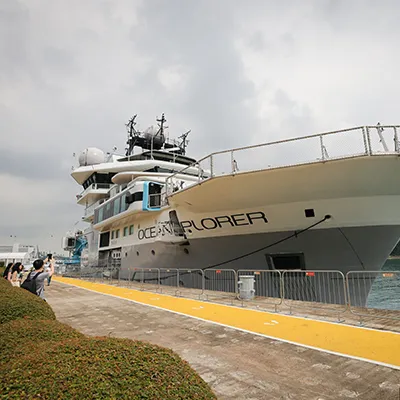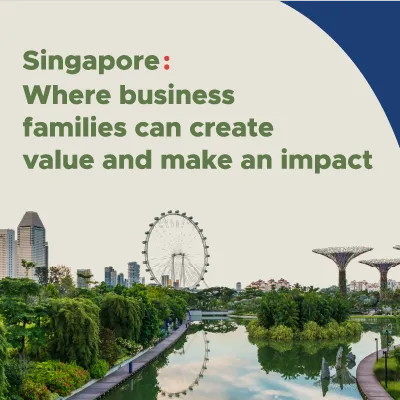Business families contribute over 70 per cent of the global GDP with 7,300 family investment offices managing investable assets worth S$7.9 trillion (US$5.9 trillion). There is a growing momentum among global business families to transform their business practices, channel investment capital toward sustainable and impact driven solutions, as well as engage in strategic philanthropic giving for positive social change.
“In your operating business, if one chooses to be more thoughtful, they can give a lot of social mobility to people who deserve it, and a fairer profit sharing throughout the value chain.
Family businesses were built on the spirit of entrepreneurship. Our capital and being a sponsor of trust can make a difference to fund innovative solutions that are deemed too risky for traditional investors.”
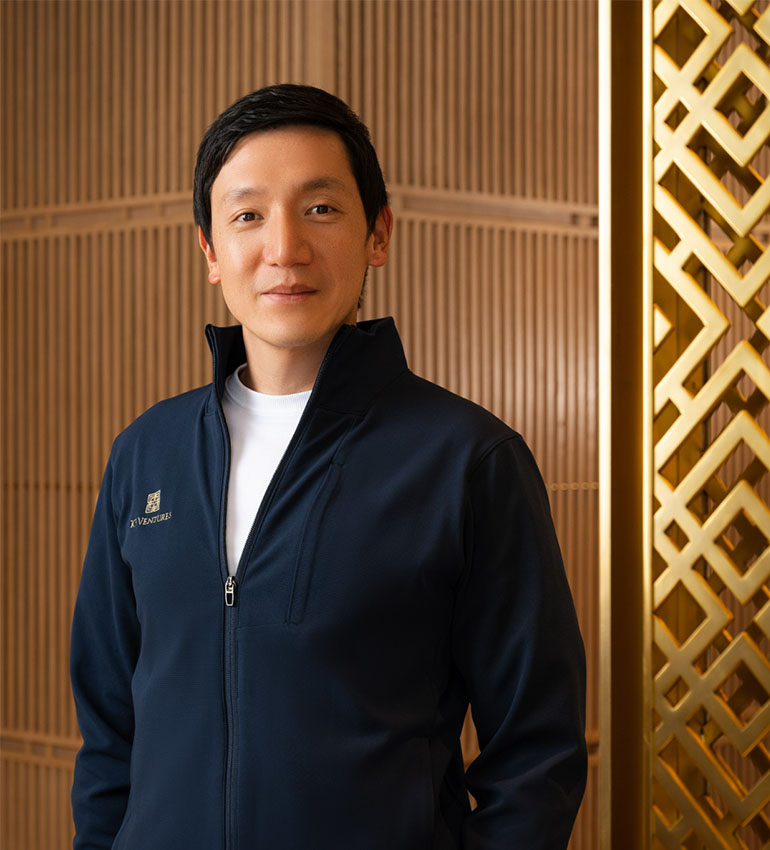
Kuok Meng Xiong
Founder and Managing Partner
K3 Ventures
Third-generation member of the Kuok Family, owners of a Singaporean multinational conglomerate with holdings from hospitality to agribusiness (Kuok Group)
1. Creating Long-Term Value through Business Transformation
Family businesses often already embody strong values as they prioritise social, emotional and cultural bonds required for multi-generational succession. These values can be harnessed to drive positive change for stakeholders including employees, such as developing socially inclusive and environmentally friendly management practices or launching purpose-driven innovative ventures.
Take for example Singapore-headquartered RGE. The resource-based industrial group began as a small spare parts company in Medan, started by Sukanto Tanoto in 1967. It is now a sprawling conglomerate committed to supporting sustainable economic development.
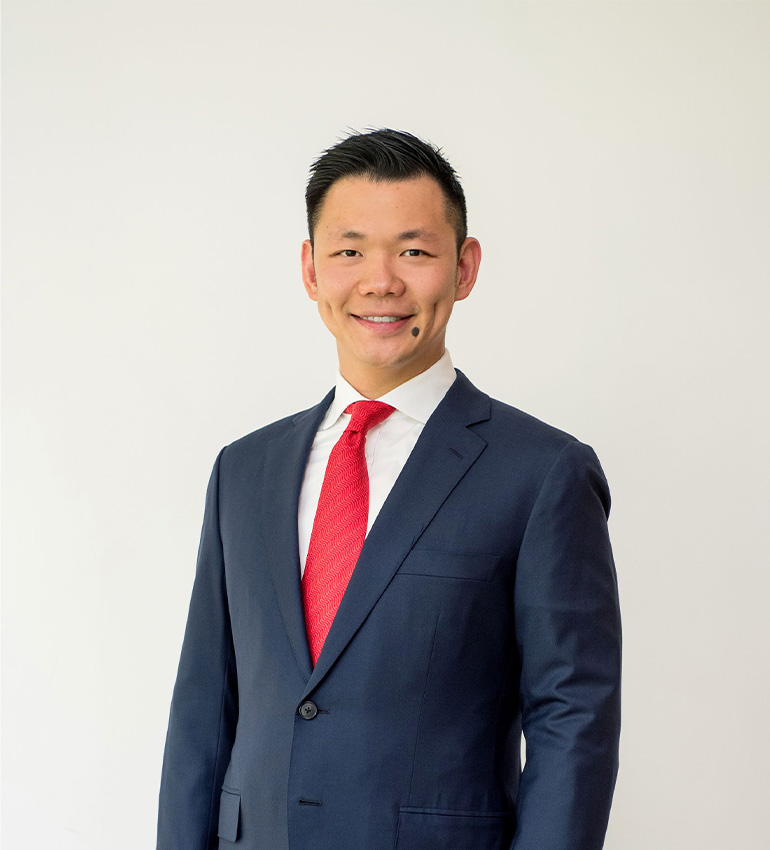
Anderson Tanoto, a second-generation family member, Managing Director of RGE and member of the Board of Trustees at Tanoto Foundation, attributes their commitment to sustainability to their 5Cs business philosophy – that whatever they do must be “Good for the Community, Country, Climate, Customer, and Company”.
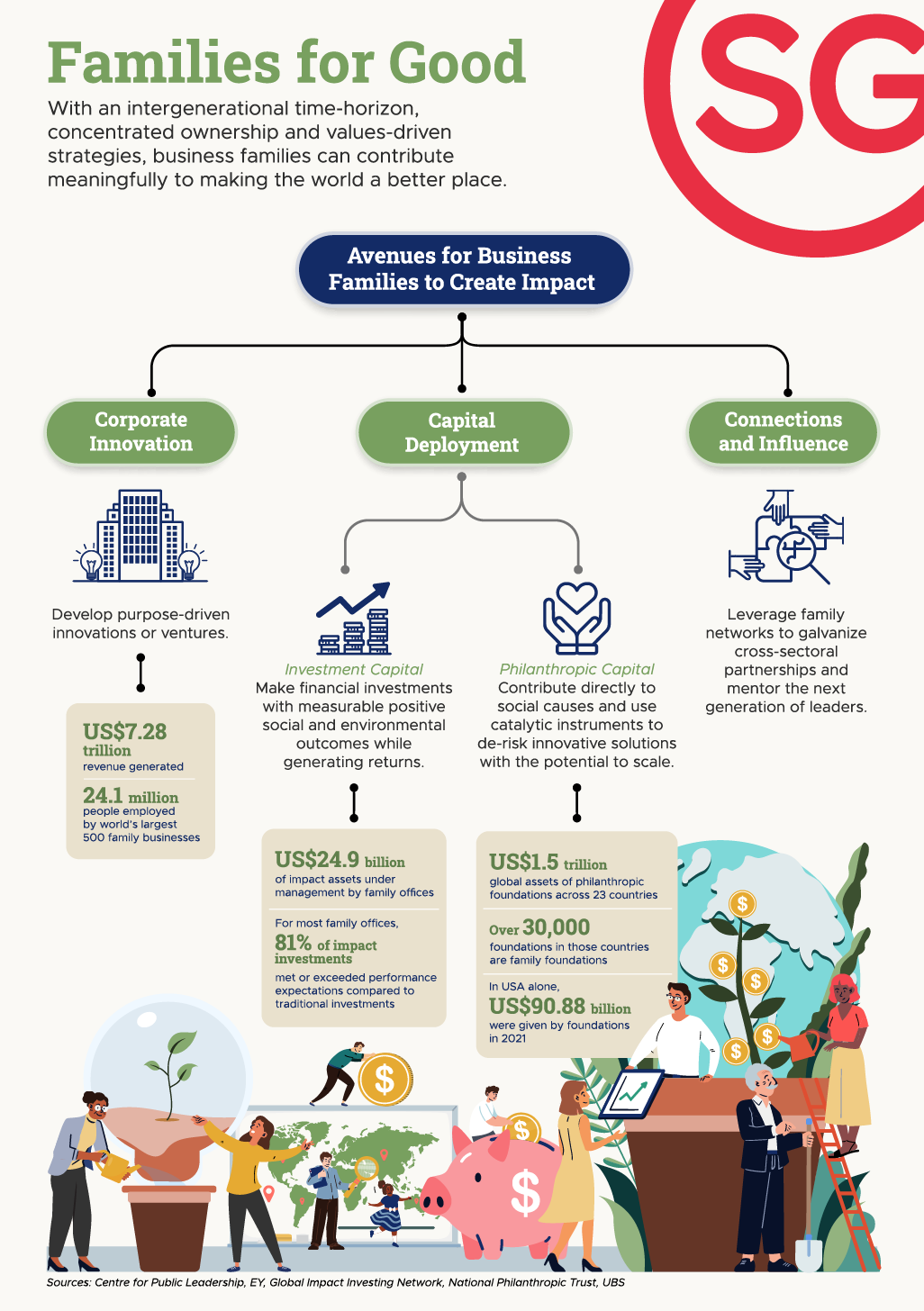
Sukanto Tanoto’s adage, “It is not the strongest who survives, but the one who adapts to the changing environment”, directly inspired the younger Tanoto to respond to climate and environmental issues. He joined the business in 2013 and for the next two years, helmed the development and implementation of RGE’s sustainability framework with a strong commitment to achieving zero deforestation.
Eighty-five per cent of the energy used for running paper mills belonging to pulp production companies APRIL and Asia Symbol (members of RGE) comes from renewables, making both companies on track to achieve net zero emissions by 2050. Says Tanoto: “As a family business, we adopt a business model that is built to last and thrive for multiple generations. Because we take a long-term view, the decisions we make will be focused on the value we can create, not just for the next one or two years, but for the next generations.” Naturally, that includes taking sustainability seriously as operators in the global bioeconomy.
Besides their corporate business, the family’s Tanoto Foundation, founded on the belief that quality education has the power to offer equal opportunity to all, has also recently expanded its impact-based programmes across China, Indonesia and Singapore. In particular, the Foundation supports healthcare and medical research on diseases prevalent in Asia. Growing their efforts to meet long-term social needs is possible through the quality healthcare and research ecosystem in Singapore, which recognises the potential of businesses as a force for good. “We leverage partnerships out of Singapore as a biomedical hub to pilot select health and medical interventions that are scalable to the region,” Tanoto explains.
2. Creating Impact through Family Capital
There is great potential for business families to deploy capital externally to drive change in sectors including sustainable agriculture, renewable energy, microfinancing, as well as improving access to basic services like housing, healthcare and education. Impact investments present a S$16.2 trillion (US$12 trillion) global growth opportunity toward achieving SDGs. Yet, family offices account for only four per cent of the impact investment market which is valued at S$1.567 trillion (US$1.164 trillion).
“We don’t look at ourselves as philanthropists.
We think about how our holdings can be part of an ecosystem, of the total development of a society that is beyond what they do as a company. Being active long-term owners has been the guiding principle within the family since the 1850’s.”
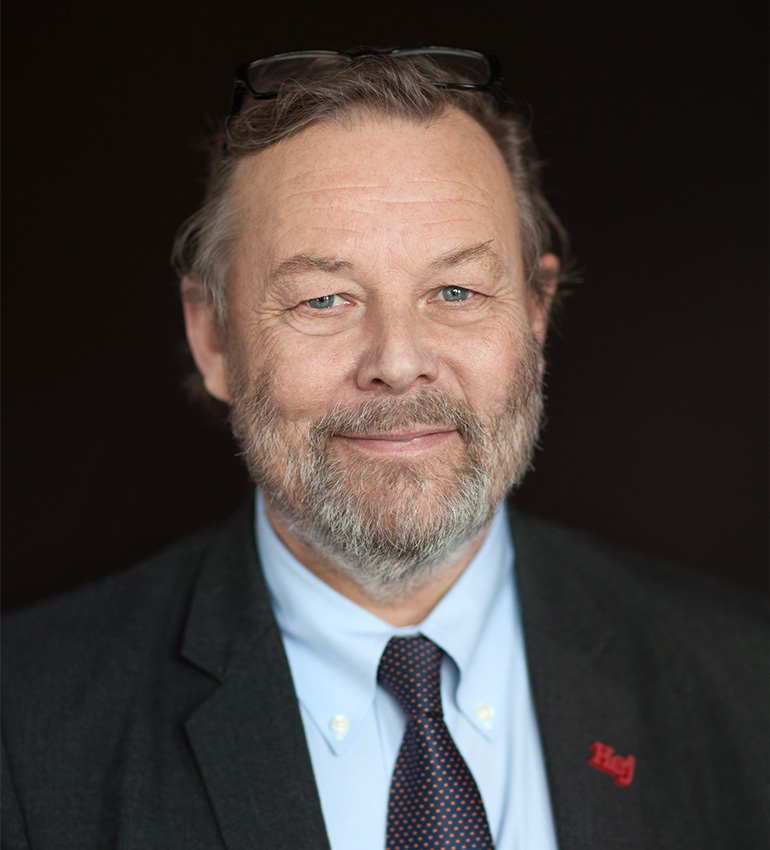
Peter Wallenberg Jr
Wallenberg Foundations’ Chair
Fifth-generation member of the Wallenberg family, who control the Swedish listed industrial holding company Investor AB and private holding company FAM AB through the Wallenberg Foundations.
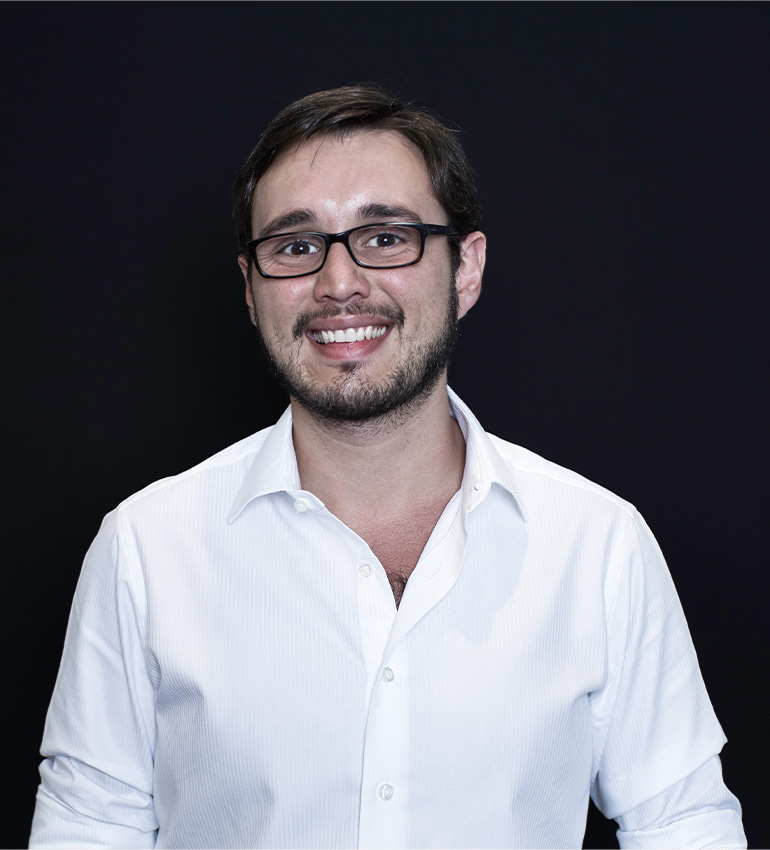
Fernando Scodro, a third-generation member of the Brazilian Grupo Baobá, who also sits on the Global Board of The ImPact, is among those taking the lead in encouraging impact investments globally. Scodro, who is based in Singapore, spent nine months examining his family’s assets to determine an overall environmental, social and corporate governance (ESG) approach to their investments.
He says: “If you take private capital [and] the owner doesn’t want oil, then oil won’t be financed. [Impact investment] has the power to push morals. It has the power to push anything.”
Scodro’s broader plan is to join with like-minded investors “to do something with one voice instead of cancelling each other out”.
For K3 Ventures Kuok Meng Xiong, being in a city like Singapore, with its vibrant startup landscape and strong talent pool, helps value-aligned families and investors discover diverse opportunities together. This is especially so for investors like K3 Ventures, where impact goes beyond capital deployment and more toward brokering trust between investors and start-ups. Kuok summarises his experience: “You’re almost using the family business and your stakeholder network as a sounding board to establish product-market fit [for a founding team].”
Besides helping ESG-minded entrepreneurs secure proof of concept, K3 has also pushed the boundaries of impact funding. For an edu-tech company in Indonesia, “we invested about S$1.3 million (US$1 million) in investment capital, and at the same time asked our foundation to sponsor a grant of S$1.3 million (US$1 million) for the development of the curriculum,” explains Kuok. This philanthropic co-funding supported K3’s measurement of the company’s effectiveness at generating better learning outcomes for its students, essentially supporting returns on investment capital while providing capital to meet social needs.
Philanthropy continues to play an important role alongside impact investing. In 2020, philanthropic giving by business families and high net-worth individuals constituted one-third of global individual giving, totalling S$235 billion (US$175 billion).
There has been an emergence of strategic and collaborative philanthropy. For instance, Roshni Nadar Malhotra, second generation family member and HCLTech Chairperson, committed S$20.2 million (US$15 million) to fund “aquapreneurs” — entrepreneurs innovating solutions in freshwater management — in partnership with the World Economic Forum’s open innovation platform UpLink.
“Good capitalism can make a larger impact than just being very shrewd in your business and then paying it forward through philanthropy.”

Kuok Meng Xiong
Founder and Managing Partner
K3 Ventures
In Sweden, the Knut and Alice Wallenberg Foundation and the Wallenberg family’s remaining 15 philanthropic foundations have been a source of indispensable funding for basic research and education, distributing around S$328.5 million (US$244 million) annually to these areas.
Through board work, the family plays a central role in the Wallenberg ecosystem. “As engaged and long-term owners, 100 per cent of the dividends of our ownerships goes back to the foundations. We are trying to help find long-term solutions by supporting basic research and education for the betterment of Sweden and society at large, ” shares the Wallenberg Foundations chair Peter Wallenberg Jr. The Foundations fund Sweden’s largest research project, the Wallenberg AI, Autonomous Systems and Software Programme (WASP), with over 5 billion Swedish Krona. WASP’s research community includes five universities and over 60 companies across the globe.
Family philanthropists — together with the wider philanthropic sector, are multiplying collaborations. Communities such as the Asian Venture Philanthropy Network or Temasek Trust’s Philanthropy Asia Alliance, support thought leadership and capacity building to catalyse collective action and enable scalable impact.
3. Creating Solutions by Tapping on Family Connections and Influence
Many, if not all, global issues require cross-border and cross-sectoral approaches involving partnerships with multiple stakeholders. This is where the connections of business family members come into play. Take for instance, The Giving Pledge, that was created by Warren Buffett, Melinda French Gates and Bill Gates. To date, over S$1.35 trillion (US$1 trillion) has been pledged by more than 230 signatories from 28 countries.
The Climate Leadership Initiative (CLI) was founded by experienced climate funders and philanthropists who saw a funding gap to support the transitions needed across sectors to address the climate crisis. With its deep network of peers, experts and scientists, CLI advises philanthropists on proven and promising climate solutions to help donors get started quickly and at scale.
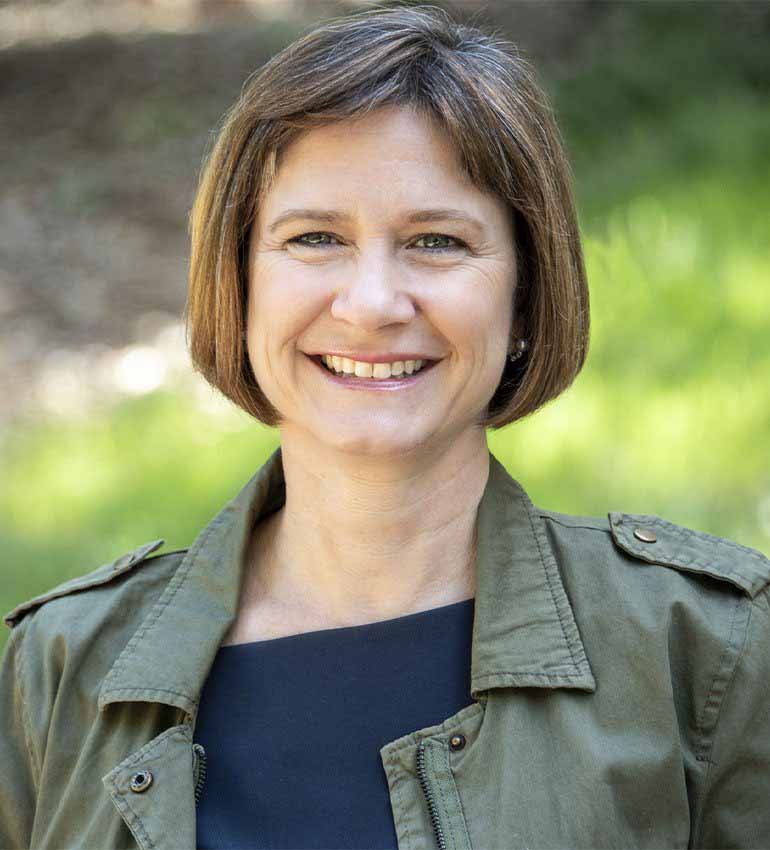
“One of the best ways to help new funders is to connect them to experienced climate philanthropists who serve as peer ambassadors to share their own experiences and provide informal guidance to those new to climate philanthropy,” CLI President Jennifer Kitt shares.
Kitt wholeheartedly agrees that business families can drive collaborative philanthropy. “Families can be effective influencers and advocates for climate philanthropy by strategically tapping networks, connecting people, and engaging peers,” she says.
“When running a family business, you have to think of it not just around the business, but also what impact it can have on society at large.”

Peter Wallenberg Jr
Wallenberg Foundations’ Chair
Public-private partnerships are needed more than ever to tackle systemic challenges and advance economic opportunities for all. The Singapore Economic Development Board introduces family businesses to a wealth of resources — from supportive networks to vibrant investment opportunities — to help them venture into Asia. Learn more here.
